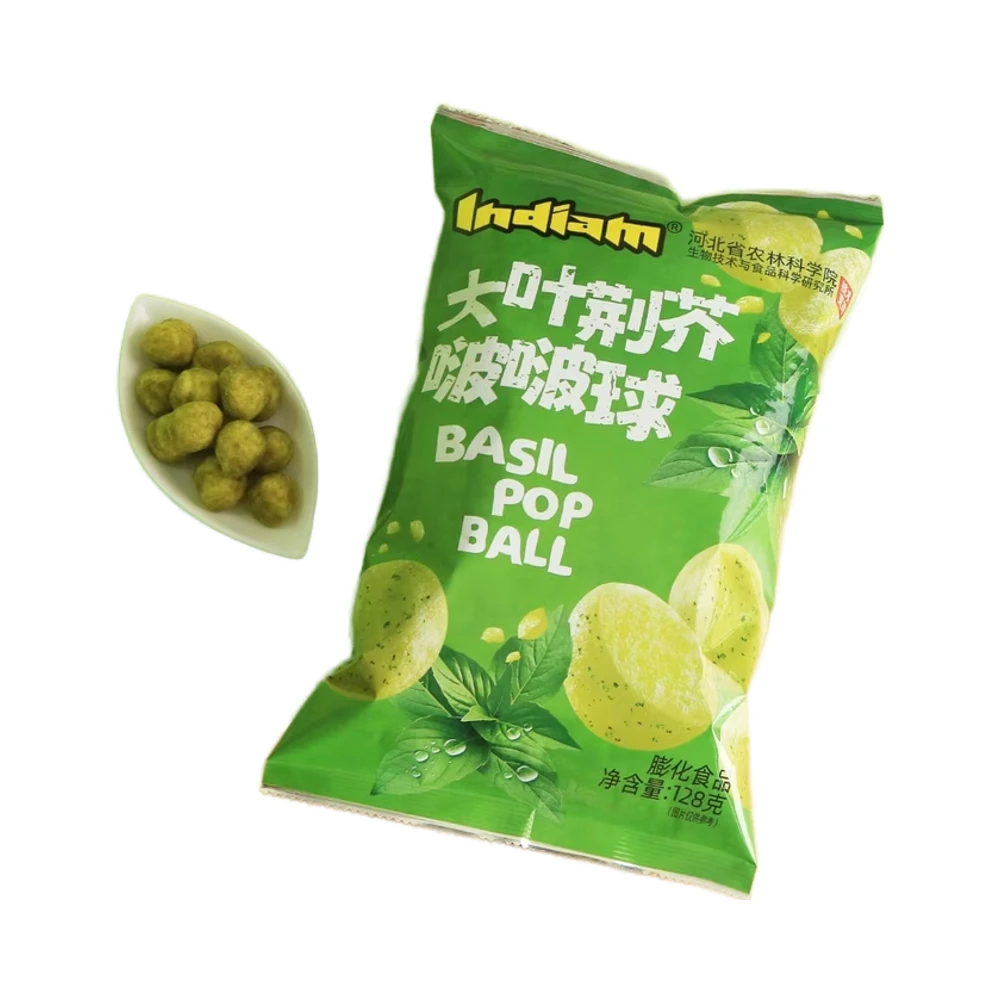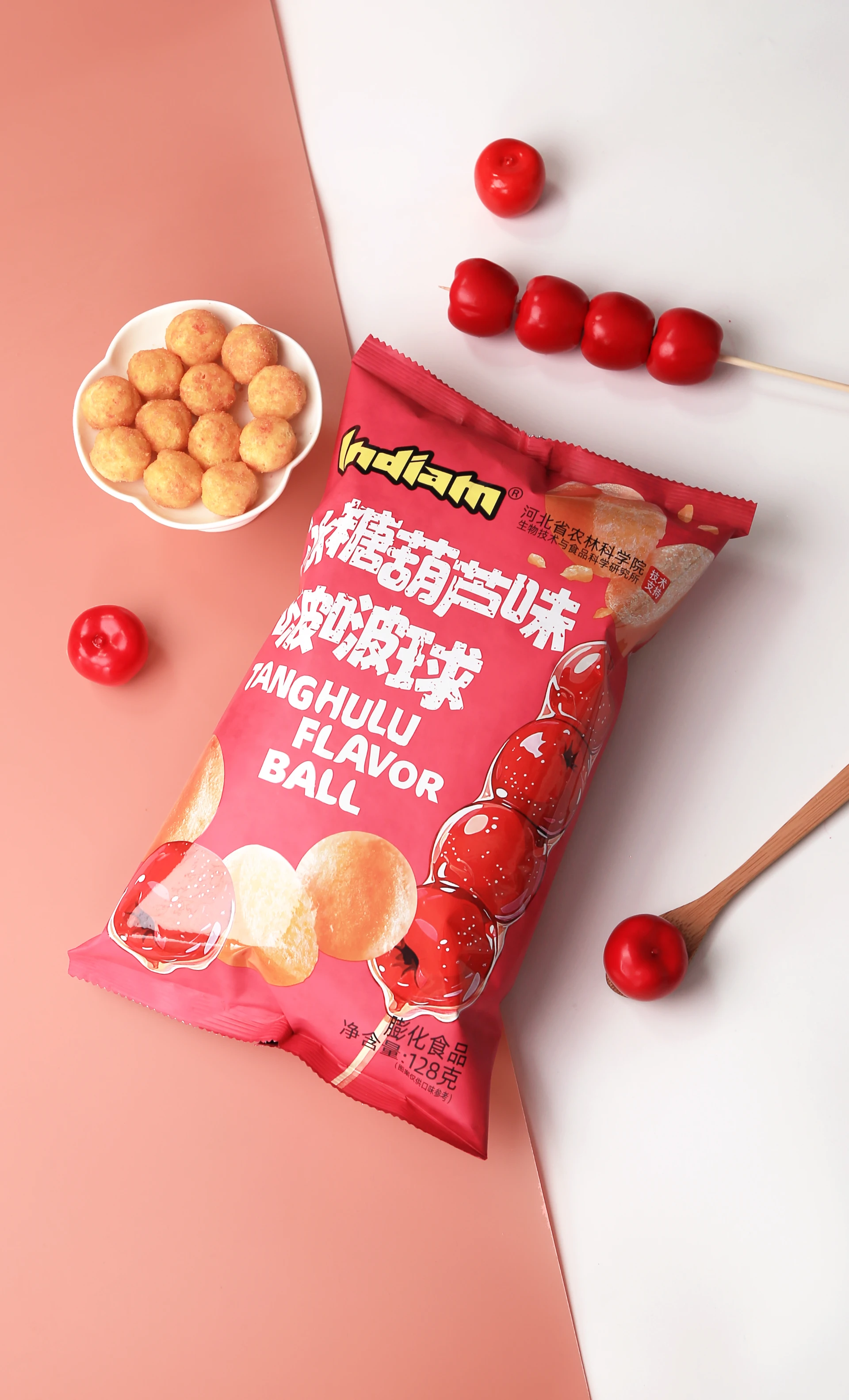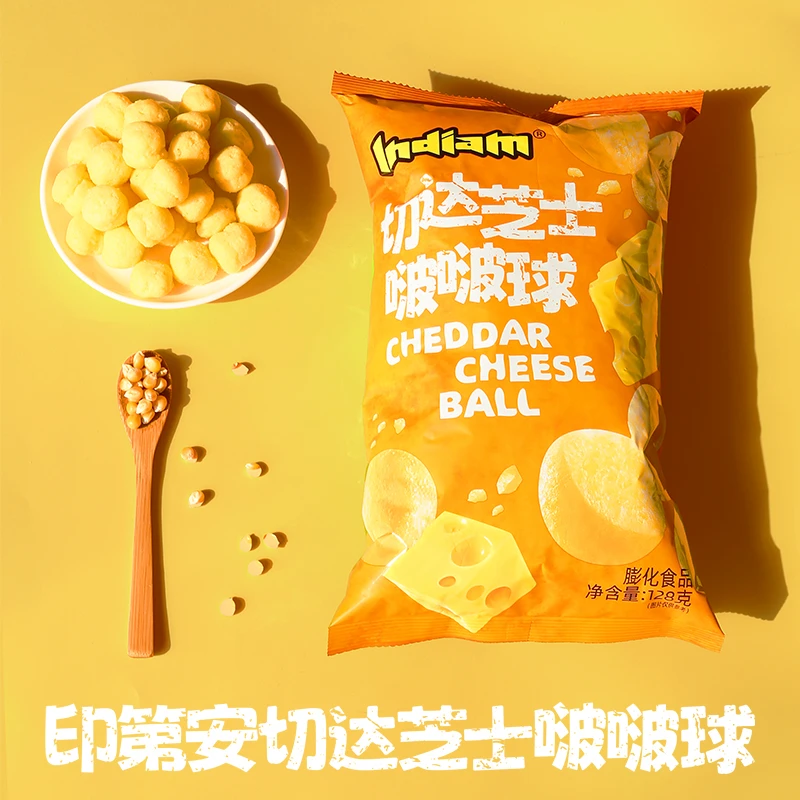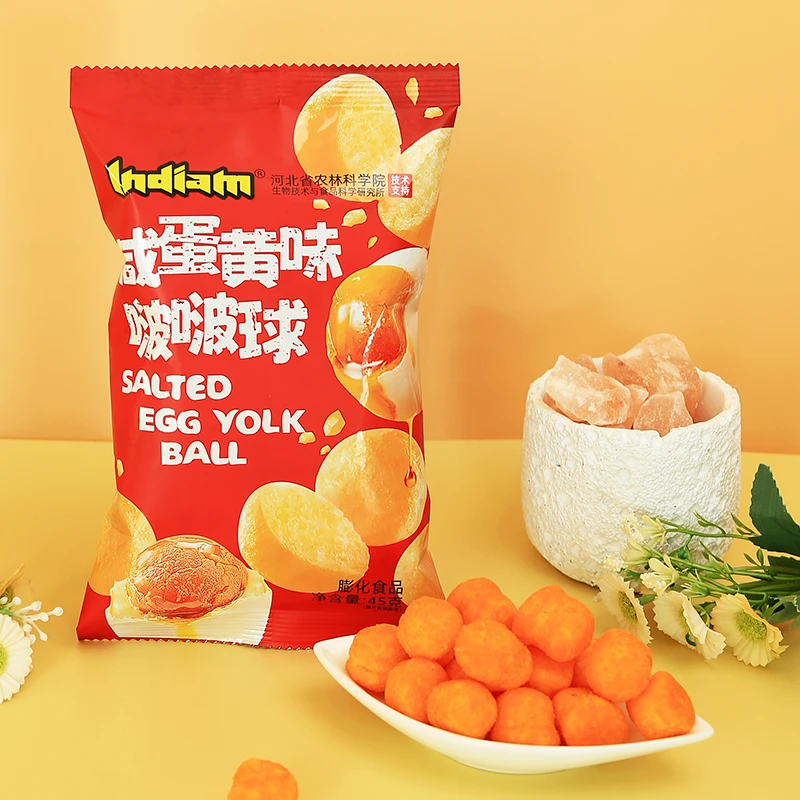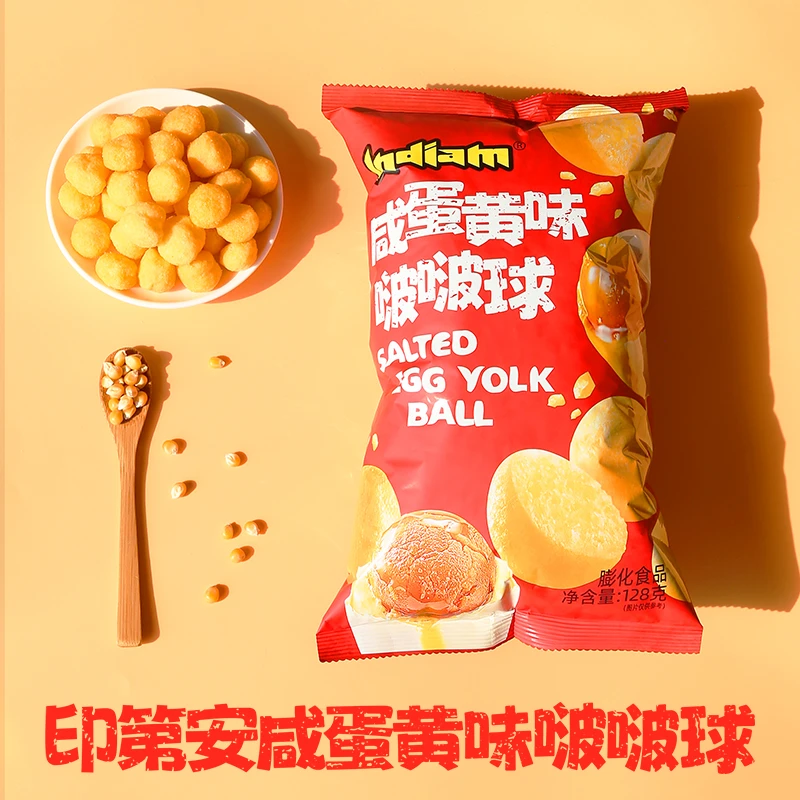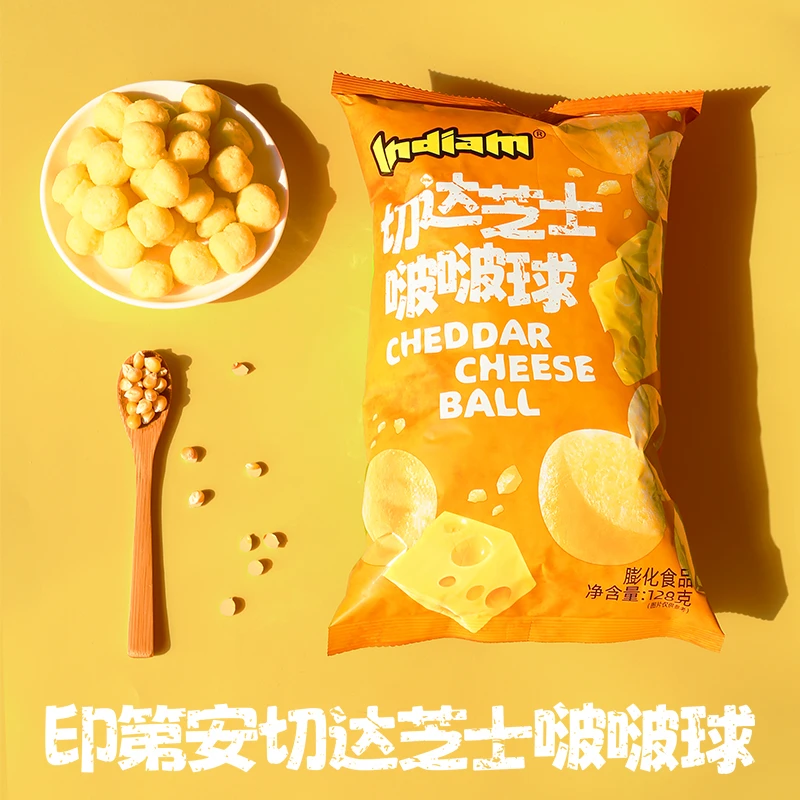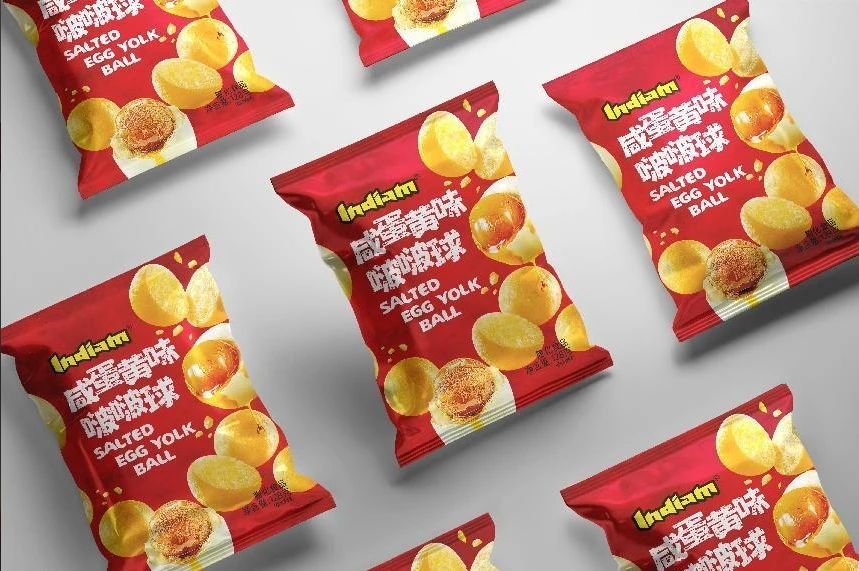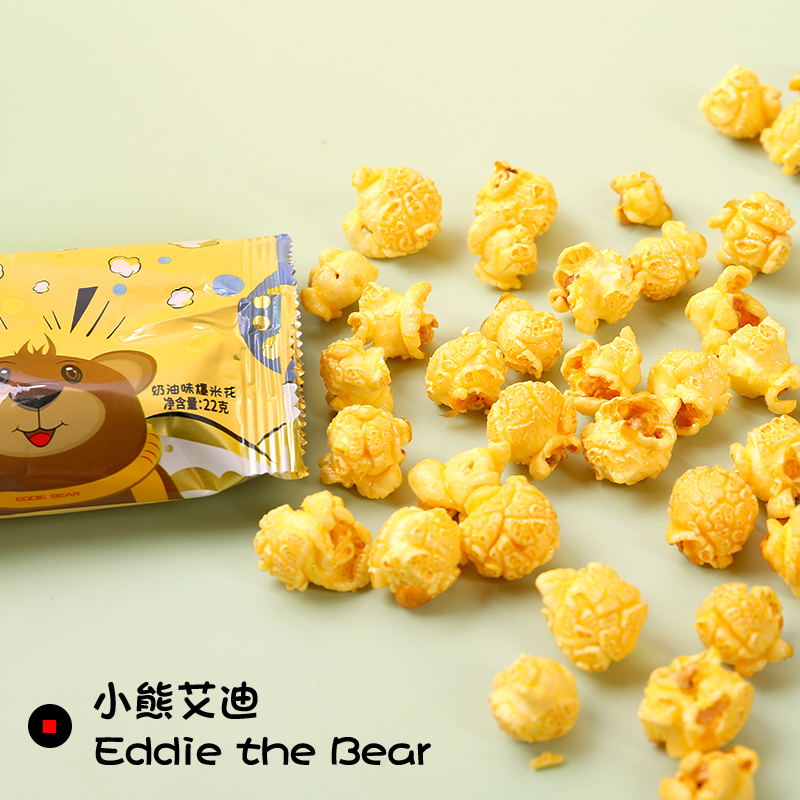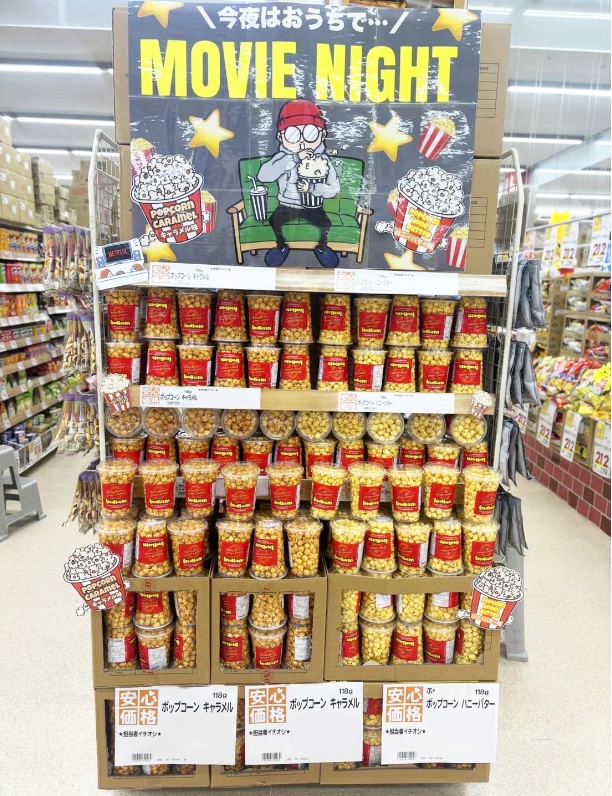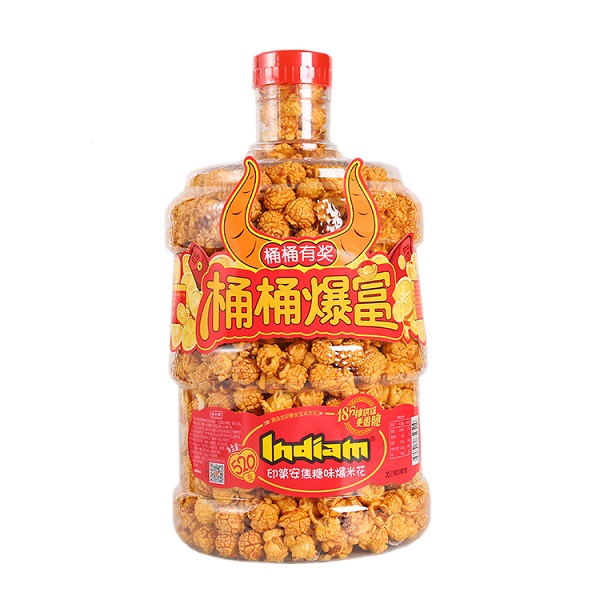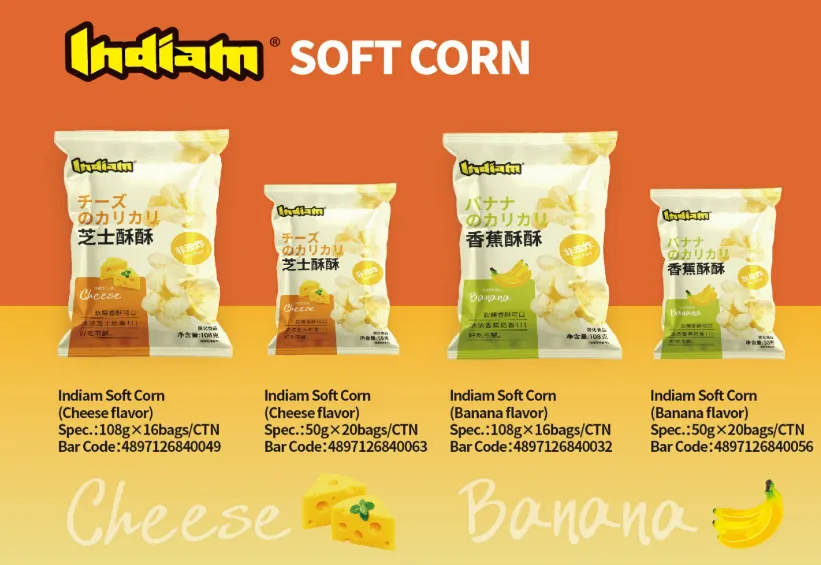Premium Wholesale Suppliers of FMCG Products – Bulk Deals & Chinese Food
- Market analysis of FMCG wholesale industry growth patterns
- Technological advancements reshaping wholesale distribution
- Performance comparison of leading global suppliers
- MOQ flexibility and specialized packaging solutions
- Customization pathways for regional market adaptation
- Supply chain transformation in the beverage sector
- Strategic partnership development with manufacturers

(wholesale suppliers of fmcg products)
The Strategic Advantage of Wholesale Suppliers of FMCG Products
Global FMCG wholesale channels have expanded by 17.3% annually since 2020, with Asia-Pacific markets driving nearly 48% of this growth. Wholesale suppliers of fmcg products now utilize predictive analytics to reduce inventory discrepancies by up to 83% compared to traditional models. Major distributors maintain average stock rotation rates of 11.2 times annually, significantly outperforming conventional retail operations. This efficiency translates to 15-22% cost advantages for downstream partners throughout the supply chain.
The emergence of AI-driven logistics platforms has revolutionized wholesale fmcg products distribution. These systems process 14.6 million data points daily to optimize route planning, resulting in 41% fewer delivery delays. Temperature-controlled warehousing innovations preserve perishables up to 72% longer, while blockchain authentication guarantees product authenticity throughout the wholesale chinese food suppliers network.
Global FMCG Supply Chain Data Breakdown
Third-party logistics providers handling FMCG shipments increased capacity by 33% in the past two years alone. The implementation of IoT monitoring across warehouses has reduced spoilage rates to 2.1% industry-wide. Regional analysis indicates developing markets now represent 68% of new cold chain infrastructure investments.
Technological Infrastructure in Modern Distribution
Automated fulfillment centers operated by leading wholesalers process 4.2 million SKUs with 99.98% accuracy rates. Robotics systems capable of handling 8,000 cases per hour operate alongside real-time quality control scanners that inspect 120 products per minute. Cloud-based ERP platforms have reduced order processing times from 72 hours to under 90 minutes.
Supplier Performance Benchmarking
| Provider | Order Accuracy | Lead Time | MOQ Flexibility | Custom Solutions |
|---|---|---|---|---|
| AsiaFood Global | 99.4% | 8 days | $15,000 | Branded packaging |
| OmniFoods Distribution | 98.7% | 11 days | $24,000 | Regional recipes |
| Pacific Goods Network | 99.1% | 6 days | $9,500 | Multi-language labeling |
Performance data based on Q3 industry reports showing average metrics across 2,400 shipments. Pacific Goods Network achieved 39% faster customs clearance through their digital documentation system.
Customization Pathways
Progressive suppliers now offer four-tier customization models: basic private labeling (7-week implementation), regional formulation adjustments (12-week R&D cycle), cultural adaptation (market-specific packaging), and complete product development (minimum 5-month collaboration). Customization demand increased 62% among Western importers working with wholesale chinese food suppliers between 2021-2023.
Operational Transformation Case
German retailer Kochhaus partnered with Guangdong Food Solutions to redesign their supply flow. By implementing cross-docking protocols and direct manufacturer routing, the company reduced handling steps from 14 to 6. This approach decreased transit times by 40% and eliminated €380,000 annual demurrage costs.
Developing Partnerships with Wholesale Chinese Food Suppliers
Forward-thinking procurement teams establish strategic alliances with 3-5 core wholesale fmcg products providers to create diversified sourcing networks. Such partnerships provide contingency during disruptions while enabling collective innovation. Manufacturers offering shared data platforms report 78% longer client retention, with partners achieving 19% faster inventory turnover through collaborative forecasting.
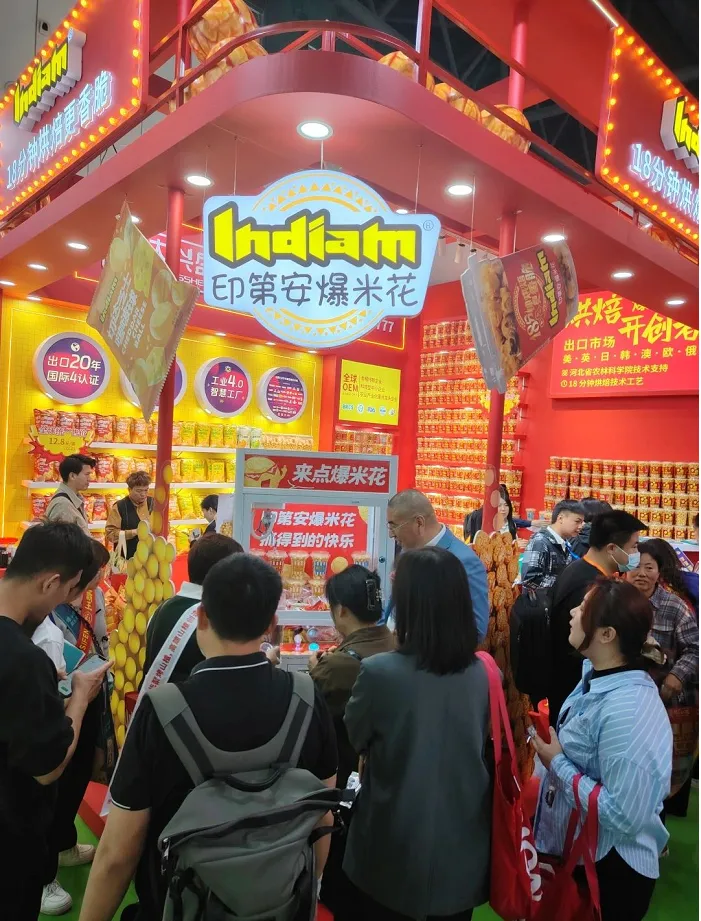
(wholesale suppliers of fmcg products)
FAQS on wholesale suppliers of fmcg products
Q: Where can I find reliable wholesale suppliers of FMCG products?
A: You can discover verified wholesale FMCG suppliers through Alibaba, Global Sources, or trade shows like Canton Fair. B2B marketplaces feature bulk listings for snacks, beverages, and household goods. Always request samples and check supplier certifications for quality assurance.
Q: What FMCG categories do wholesale suppliers typically offer?
A: Wholesale FMCG products cover everyday essentials like packaged foods, toiletries, cleaning supplies, and cosmetics. Many specialize in perishables or shelf-stable goods for retail distribution. Bulk discounts apply to categories such as snacks, beverages, and personal care items.
Q: How do I verify wholesale Chinese food suppliers?
A: Check certifications like FDA, ISO, or HACCP through supplier portals on Alibaba or Made-in-China. Request product samples and factory audit reports before bulk orders. Validate export experience through customer reviews and minimum order quantity (MOQ) transparency.
Q: What are the benefits of sourcing wholesale FMCG products?
A: Bulk purchasing reduces per-unit costs significantly, increasing retail profit margins. Established suppliers ensure consistent inventory and faster restocking cycles. Many offer customized packaging, drop shipping, and private-label options for brand differentiation.
Q: Can wholesale FMCG suppliers handle international shipping?
A: Yes, experienced suppliers arrange logistics including sea freight, customs clearance, and door-to-door delivery. Confirm Incoterms (e.g., FOB or CIF) in contracts to clarify cost responsibilities. Always discuss lead times, import taxes, and COVID-related shipping policies upfront.
Post time: Jun . 05, 2025 01:51





